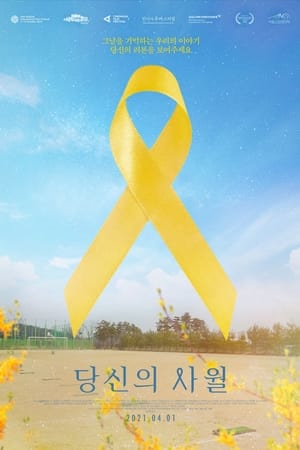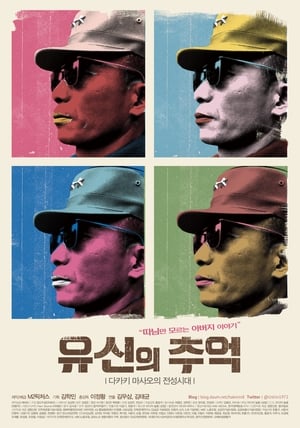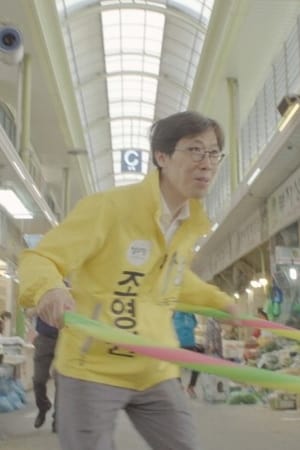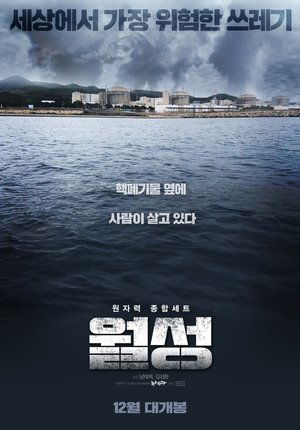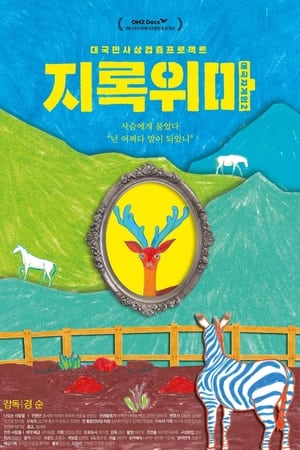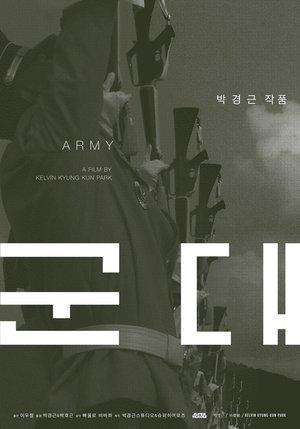I Wish I Could Be Japanese

日本人になりたかった…
HomePage
Overview
The film deals with the rights of Japanese-Koreans -born in Japan but without Japanese passport or nationality- and the social rejection that they face if they don’t integrate completely, abandoning their Korean identity. The film’s main thread is the story of a Korean man, who in the times of the Japanese occupation of the Korean peninsula, is sent to Japan to fight along with the Japanese in the Philippines, but after the war and fearing discrimination, creates a Japanese identity for himself and manages to get married and have children without his family ever knowing about his origins for 50 years until he is arrested in 1985 for forging official documents and in suspicion of being a spy from North Korea. (…) © timegoesbyin.wordpress.com/tag/i-wanted-to-be-japanese
Release Date
1992-06-29
Average
5.833
Rating:
2.9 startsTagline
Genres
Languages:
日本語Keywords
Similar Movies
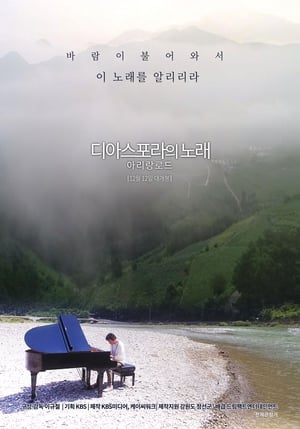 0.0
0.0Diaspora: Arirang Road(ko)
During the Japanese occupation period, Koreans were forced to deport or drafted to work in other countries. Now 150 years passed, it appears around 7million of those people and their families are spread in 170 countries. There, a world-famous Korean-Japanese musician Yang Bang Ean follows the pathways of Korean diasporas as an inspiration, and performs his cross over music concert called ‘ARIRANG ROAD’.
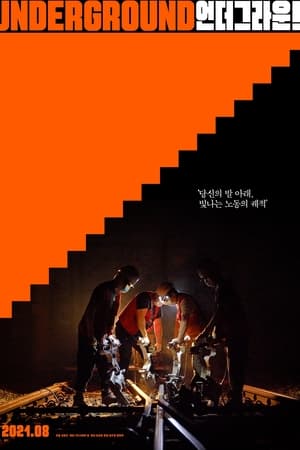 0.0
0.0Underground(ko)
Numerous people are on subway trains running up and down the city center endlessly. There are people who run this decent space “underground”. Under the noisy world today, we approach them to see what life is like underground.
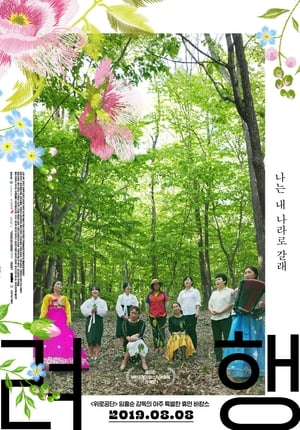 0.0
0.0Ryeohaeng(ko)
A group of women climbs a summer mountain situated in South Korea. They are refugees who have settled into South Korean society after fleeing from North Korea. For them, climbing the mountains has been an unavoidable journey for survival - a matter of life and death.
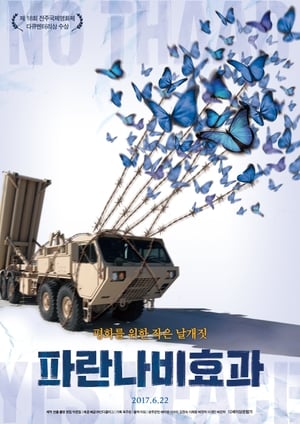 0.0
0.0Blue Butterfly Effect(ko)
The small county of Seongju staged protests against the THAAD. Young mothers led protests from concerns about their kids and the exposure to radiation. Gradually, they learn the system is faulty.
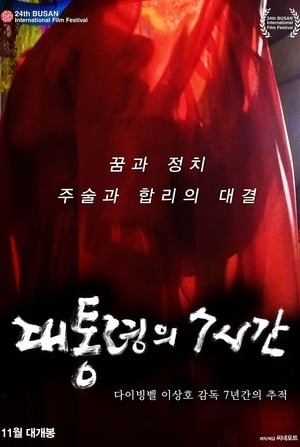 9.0
9.0President′s 7 Hours(ko)
The film traces PARK Geun-hye's life back to the 1970s, when the leader-follower relationship began between PARK, who became the first lady of the Yushin regime, and CHOI Taemin, the leader of a pseudo-religion. It then examines the Sewol ferry incident, CHOI Soonsil Gate, candlelight rallies, and finally the impeachment.
 10.0
10.0Disney: Through the Looking Glass(es)
Tito del Amo, a passionate 72-year-old researcher, takes the final step to unravel the enigma about the alleged Spanish origin of the American cartoonist Walt Disney, making the same journey that his supposed mother made to give him up for adoption in Chicago. A journey that begins in Mojácar, Almería, Spain, and ends in New York. An exciting adventure, like Alicia's through the looking glass, to discover what is truth and what is not, with an unexpected result.
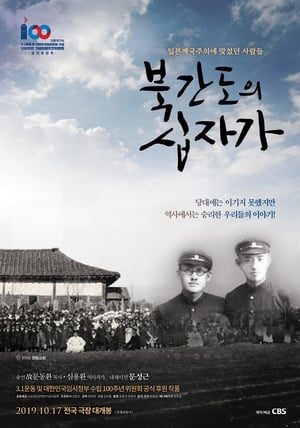 0.0
0.0The Cross of North Gando(ko)
The Christians of North Gando lose their country and leave their hometown, but gain the Gospel. The cross they hold in their hands is the symbol of daring for independence and a royal summon of the generation they have to endure. Historian Sim Yo Han retraces the footsteps of the late Father Moon Dong Hwan and finds meanings of the anti-Japanese independence movement hidden in various parts of North Gando.
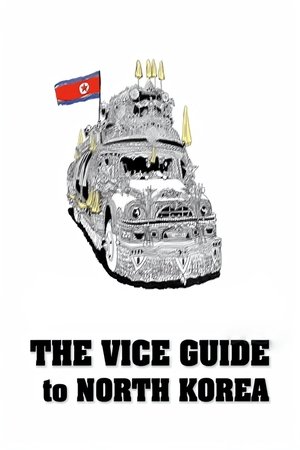 0.0
0.0The VICE Guide to North Korea(en)
"Getting into North Korea was one of the hardest and weirdest processes VBS has ever dealt with. They finally said, “OK, OK, you can come. But only as tourists.” At the airport, the North Korean consulate brought us to a restaurant and these women came out and started singing North Korean nationalist songs. We were thinking, “Look, we were just on a plane for 20 hours. Can we just go to bed?” but this guy with our group who was from the LA Times told us, “Everyone in here besides us is secret police. If you don’t act excited then you’re not going to get your visa. So we got drunk and jumped up onstage and sang songs with the girls. The next day we got our visas. A lot of people we had gone with didn’t get theirs. That was our first hint at just what a freaky, freaky trip we were embarking on…" -VICE Founder Shane Smith
 7.5
7.5Eastern Memories(fi)
At the turn of the 19th and 20th century Finnish philologist G. J. Ramstedt travelled around Mongolia and Central-Asia. In this documentary Ramstedt’s memoirs are heard in the modern day setting, where tradition is replaced with hunger for money, and deserts give way to cities.
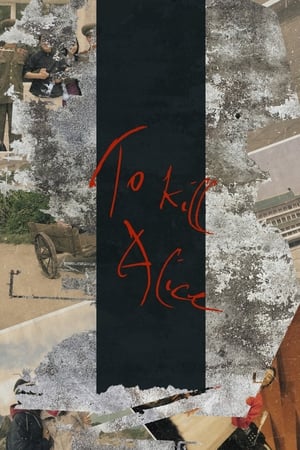 0.0
0.0To Kill Alice(ko)
Eunmi, a woman who underwent intense anti-communist education while she grew up in South Korea, lives a normal life in America. However, after going on a trip to North Korea with her husband, her life begins to change. During an open forum event in South Korea, where she was invited to speak, she suffers the unimaginable, and the more she tries to escape from the situation, the worse and worse it gets.
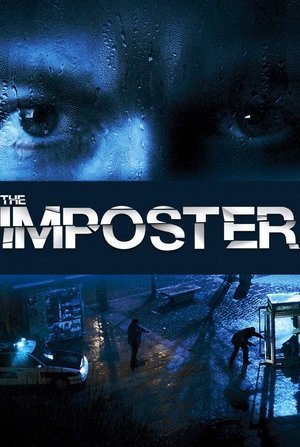 7.3
7.3The Imposter(en)
In 1994 a 13-year-old boy disappeared without a trace from his home in San Antonio, Texas. Three-and-a-half years later he is found alive thousands of miles away in a village in southern Spain with a horrifying story of kidnap and torture. His family is overjoyed to bring him home. But all is not quite as it seems.
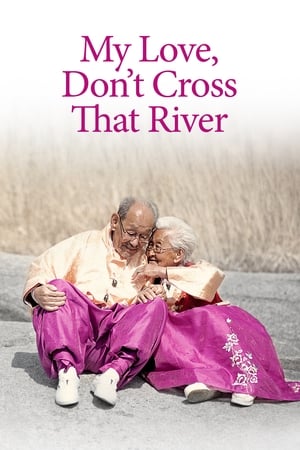 7.5
7.5My Love, Don't Cross That River(ko)
There lives a couple known as "100-year-old lovebirds". They're like fairy tale characters: the husband is strong like a woodman, and the wife is full of charms like a princess. They dearly love each other, wear Korean traditional clothes together, and still fall asleep hand in hand. However, death, quietly and like a thief, sits between them. This film starts from that moment, and follows the last moments of 76 years of their marriage.
Tiger Spirit(en)
Korea is a divided nation. Filmmaker Min Sook Lee sets out on a revelatory, emotion-charged journey into Korea’s broken heart, exploring the rhetoric and realism of reunification through the extraordinary stories of ordinary people.
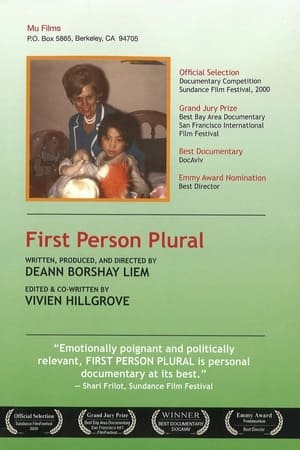 6.5
6.5First Person Plural(en)
In 1966, Deann Borshay Liem was adopted by an American family and sent from Korea to her new home in California. There, the memory of her birth family was nearly obliterated, until recurring dreams led her to investigate her own past, and she discovered that her Korean mother was very much alive. Bravely uniting her biological and adoptive families, Borshay Liem embarks on a heartfelt journey in this acclaimed film that first premiered on POV in 2000. First Person Plural is a poignant essay on family, loss and the reconciling of two identities.
Recommendations Movies
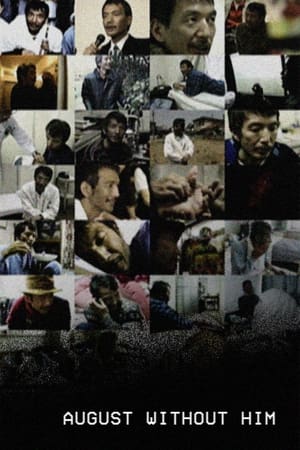 5.4
5.4August Without Him(ja)
Hirata Yukata became the first man in Japan to publicly acknowledge that he had contracted HIV through gay sex. Filmed over a series of months, the documentary contrasts his public life as an outspoken figure on the lecture circuit with his personal descent into illness and death.
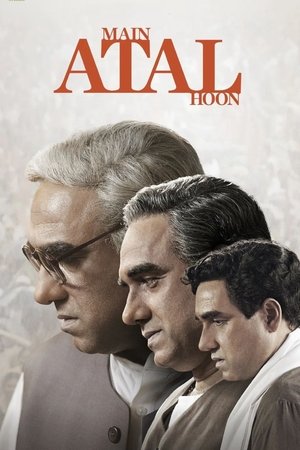 5.7
5.7Main Atal Hoon(hi)
Statesman and poet Shri Atal Bihari Vajpayee's eloquence and vision shaped India's destiny. A look at his remarkable life as he led his country through a challenging period of change and development as the 10th Prime Minister of India.
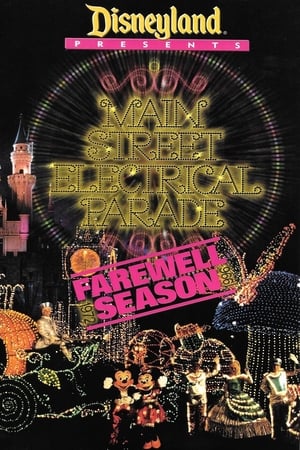 5.4
5.4Disney Presents: Main Street Electrical Parade - Farewell Season(en)
Catch the spark after dark at Disneyland Park. And say farewell to one of the Magic Kingdom's most celebrated traditions - The Main Street Electrical Parade. Where else, but in The Main Street Electrical Parade, could you see an illuminated 40-foot-long fire-breathing dragon? And hear the energy of its legendary melody one last time? It's unforgettable after-dark magic that will glow in your heart long after the last float has disappeared.
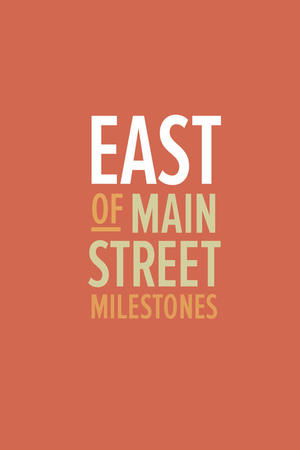 5.9
5.9East of Main Street: Milestones(en)
The Venice Hongwanji Buddhist Temple had an opportunity to take part in an episode of East of Main Street, an HBO documentary series that has been produced for the past three years to celebrate Asian Pacific American Heritage Month. This year’s episode, Milestones, focuses on how different groups of Asian Americans mark the milestones throughout their lives.
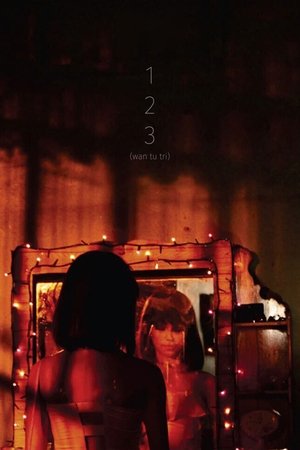 6.7
6.7Gasping for Air(tl)
When his sister disappears after leaving their home in hopes of singing stardom, Luis tracks her down and discovers the grim reality of her whereabouts.
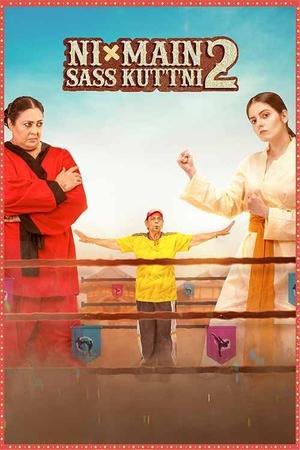 6.2
6.2Ni Main Sass Kuttni 2(pa)
A vengeful mother-in-law locks horns with her daughter-in-law in a twisted tale laced with dark comedy, political intrigue, and chilling thrills.
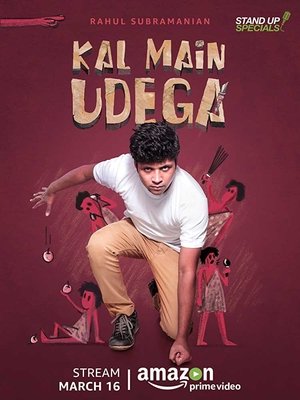 7.2
7.2Rahul Subramanian: Kal Main Udega(en)
Rahul Subramanian's stand up comedy solo 'Kal Main Udega' is filled with unrelated topics, no transitions, inconsequential takes on consequential subjects and also a bit of mildly bad dancing.
 5.0
5.0Main Aurr Mrs Khanna(hi)
Three people, each having different aspirations from life, are caught in a tangle of emotions and don’t know the way out. There’s a husband and wife with love eroding from their life. And there’s a single, happy-go-lucky dude who falls in love with the wife.
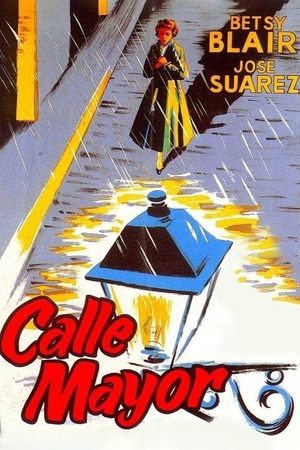 6.2
6.2Main Street(es)
A small town in Spain, October 1955. Isabel, a 35-year-old dreamer who feels like a failure because she is not married yet, becomes the new target of a group of soulless pranksters.
 6.3
6.3Tu Jhoothi Main Makkaar(hi)
To earn extra cash, Mickey helps couples break up — but life gets complicated when he falls for Tinni, a career woman with an independent streak.
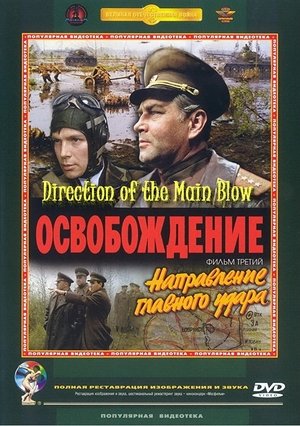 6.0
6.0Liberation: Direction of the Main Blow(ru)
This five part epic war drama gives a dramatized detailed account of Soviet Union's war against Nazi Germany during world war two. Each of the five parts represents a separate major eastern front campaign.
 7.2
7.2The Roundup: No Way Out(ko)
Detective Ma Seok-do changes his affiliation from the Geumcheon Police Station to the Metropolitan Investigation Team, in order to eradicate Japanese gangsters who enter Korea to commit heinous crimes.
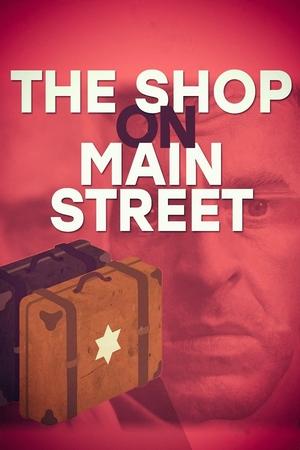 7.0
7.0The Shop on Main Street(sk)
In a small town in Nazi-occupied Slovakia during World War II, decent but timid carpenter Tono is named "Aryan comptroller" of a button store owned by an old Jewish widow, Rozalie. Since the post comes with a salary and standing in the town's corrupt hierarchy, Tono wrestles with greed and guilt as he and Rozalie gradually befriend each other. When the authorities order all Jews in town to be rounded up, Tono faces a moral dilemma unlike any he's known before.
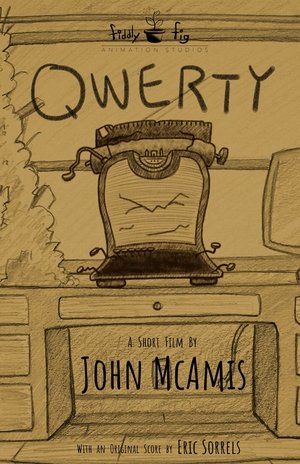 5.9
5.9Qwerty(en)
A grieving young inventor finds solace in repairing an antique typewriter.
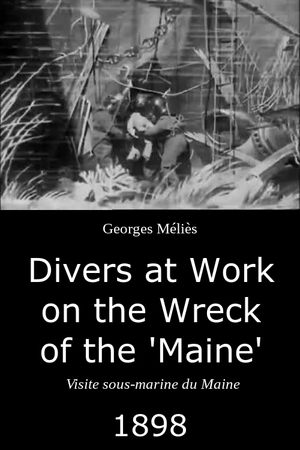 5.7
5.7Divers at Work on the Wreck of the "Maine"(fr)
Divers go to work on a wrecked ship (the battleship Maine that was blown up in Havana harbour during the Spanish-American War), surrounded by curiously disproportionate fish.
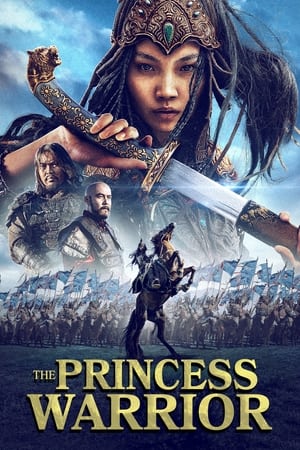 7.1
7.1The Warrior Princess(mn)
Princess Khotulun is the daughter of Haidu Khan of the Ugudei dynasty. The film tells the story of Princess Khotulun, the son of Kublai Khan, known in Western and Eastern history as a wrestling princess, and her struggle to reclaim her Golden Sutra.
 6.2
6.2Painting for the main bedroom(el)
A man is painting a landscape. A woman is holding two cups. What can go wrong? A nightmare in pink.
 7.9
7.9Suzume(ja)
Suzume, 17, lost her mother as a little girl. On her way to school, she meets a mysterious young man. But her curiosity unleashes a calamity that endangers the entire population of Japan, and so Suzume embarks on a journey to set things right.
 6.5
6.5Muzzle(en)
LAPD K-9 officer Jake Rosser has just witnessed the shocking murder of his dedicated partner by a mysterious assailant. As he investigates the shooter’s identity, he uncovers a vast conspiracy that has a choke-hold on the city in this thrilling journey through the tangled streets of Los Angeles and the corrupt bureaucracy of the LAPD.
